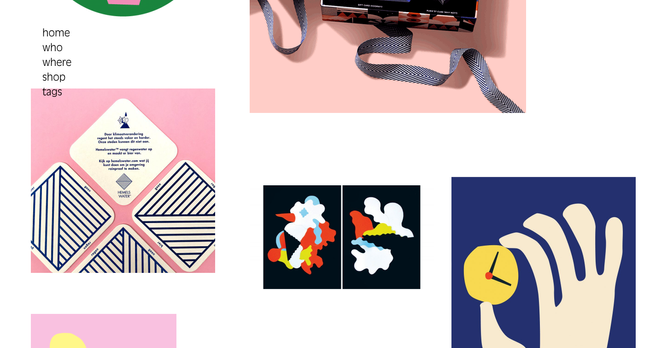A free blogging platform is the perfect way to get yourself set up with your own corner of the web without too much effort. Everyone's focused on social media these days, sure, but there's something about the permanence of a blog.
1. Medium
It's a place to blog if you want your words to be taken seriously, and if you favour a polished, streamlined experience. But if you're big on customisation and control, look elsewhere. Medium is the brainchild of Twitter's founders, and appears to be their attempt to do for 'longreads' what they once did for microblogging. The result is a socially-oriented place that emphasises writing, although within an extremely locked-down set-up.
2. Blogger
You'd hope with a name like 'Blogger' that Blogger would be a decent free blogging service. Fortunately, it is. Sign in with your Google ID, and you can have a blog up and running in seconds, which can then be customised with new themes.
3. Tumblr
Tumblr also has a strong social undercurrent, via a following model combined with notes and favourites. Tumblr feels a bit like a halfway house between WordPress and Twitter. It offers more scope than the latter, but tends to favour rather more succinct output than the former.
4. WordPress
Alternatively, most web hosts provide WordPress as a free single-click install, and more information on what's possible there can be found at WordPress.org. If the folks over at WordPress are to be believed (and they seem suitably trustworthy sorts), the platform now 'powers' almost a third of the internet. It's easy to see why: on WordPress.com, you can rapidly create an entirely free blog, with a reasonable amount of customisation.
5. Jekyll
Making your blog with Jekyll avoids the need to work with technicalities such as databases, upgrades and so on, so there are fewer things to go wrong, and you can build something completely from scratch. Jekyll takes your raw text files, which may be written in markdown, if you like, and turns them into a robust static site to host wherever you want.
6. Contentful
It calls this an 'API-first' approach, so your content is stored on its servers and you can call it into any design or platform as you like. Nobody knows how they're going to want to display their articles a few years down the line, so Contentful provides a way to separate your content from your design.
7. Hubpages
Hubpages is a network of sites that enable bloggers (or Hubbers) to share their story with a vast open community. It has an Arts and Design section, which will be a happy home for creative bloggers, and Hubpages majors on its ability to connect its users with a wide audience and earn revenue from ads and affiliates.
8. Yola
Getting started is easy, with dozens of customisable templates to choose from, a straightforward site builder for putting everything together, flexible layouts and drag-and-drop widgets. Yola limits you a bit if you have grand plans for your blog – you can only have two sites and three web pages with its free plan – but the upside is a healthy 1GB of storage and bandwidth, and your site won't be littered with unsightly third-party ads.
9. Joomla
The Joomla community is much smaller than WordPress community, so there are fewer themes and add-ons than for WordPress. Powerful and flexible, Joomla can be used to build any kind of website or blog, with design features including the ability to create your own template and render HTML for objects/arrays of data. Open source software content management system Joomla is one of the best free blogging platforms around.
10. Wix
You get 500MB storage and 1GB bandwidth with a free Wix account. If you want to get started with your free blog, Wix is well worth a look. This drag-and-drop website builder offers over 500 designer-made templates as well as plenty of additional features and apps, along with top-grade hosting so you can rest assured your site will be there when you need it.













No comments:
Post a Comment